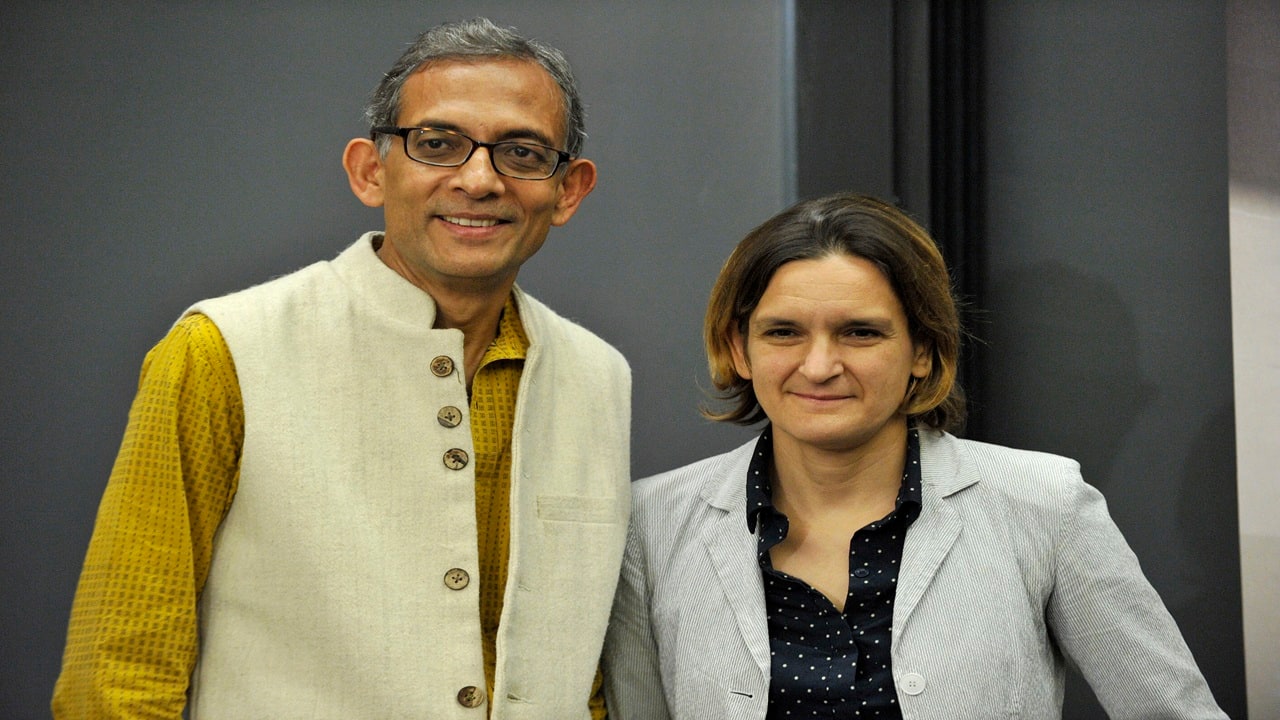
News
October 12, 2025
Nobel duo Abhijit Banerjee, Esther Duflo to lead Zurich research centre amid US funding cuts
The nobel economists' move comes at a time when academics in the U.S. have expressed growing concern over cuts to research funding and political hostility toward universities under President Donald Trump’s administration.
**Nobel Laureates Abhijit Banerjee and Esther Duflo to Spearhead Research Centre in Zurich**
Zurich is poised to become a global hub for development economics as Nobel laureates Abhijit Banerjee and Esther Duflo prepare to lead a new research centre in the Swiss city. The announcement marks a significant gain for European academia and arrives at a crucial juncture, with growing anxieties among academics in the United States regarding dwindling research funding and an increasingly politicized environment.
Banerjee and Duflo, renowned for their pioneering work in alleviating global poverty, are expected to bring their extensive expertise and innovative methodologies to the Zurich-based centre. Their research, which emphasizes rigorous testing of potential solutions to poverty through randomized controlled trials, has had a profound impact on policy decisions worldwide.
The move comes as a palpable sense of unease settles over the American academic landscape. Many researchers have voiced concerns about the shrinking pool of federal funding available for scientific and social science research. These cuts, coupled with what some perceive as growing political hostility towards universities under the Trump administration, are prompting some academics to consider opportunities abroad.
While the specific details of the Zurich research centre are still emerging, the presence of Banerjee and Duflo is anticipated to attract top talent and significant investment. The centre will likely focus on addressing critical global challenges, with a particular emphasis on poverty reduction, inequality, and sustainable development.
The departure of such prominent figures from the U.S. academic scene could be interpreted as a symptom of broader systemic issues. While the United States has historically been a magnet for intellectual capital, the current climate raises questions about its continued dominance in research and innovation. The establishment of a major research centre led by Nobel laureates in Europe underscores the shifting dynamics in the global academic landscape and the increasing attractiveness of alternative research environments. The impact of this shift on American research institutions and the future of global development studies remains to be seen.
Zurich is poised to become a global hub for development economics as Nobel laureates Abhijit Banerjee and Esther Duflo prepare to lead a new research centre in the Swiss city. The announcement marks a significant gain for European academia and arrives at a crucial juncture, with growing anxieties among academics in the United States regarding dwindling research funding and an increasingly politicized environment.
Banerjee and Duflo, renowned for their pioneering work in alleviating global poverty, are expected to bring their extensive expertise and innovative methodologies to the Zurich-based centre. Their research, which emphasizes rigorous testing of potential solutions to poverty through randomized controlled trials, has had a profound impact on policy decisions worldwide.
The move comes as a palpable sense of unease settles over the American academic landscape. Many researchers have voiced concerns about the shrinking pool of federal funding available for scientific and social science research. These cuts, coupled with what some perceive as growing political hostility towards universities under the Trump administration, are prompting some academics to consider opportunities abroad.
While the specific details of the Zurich research centre are still emerging, the presence of Banerjee and Duflo is anticipated to attract top talent and significant investment. The centre will likely focus on addressing critical global challenges, with a particular emphasis on poverty reduction, inequality, and sustainable development.
The departure of such prominent figures from the U.S. academic scene could be interpreted as a symptom of broader systemic issues. While the United States has historically been a magnet for intellectual capital, the current climate raises questions about its continued dominance in research and innovation. The establishment of a major research centre led by Nobel laureates in Europe underscores the shifting dynamics in the global academic landscape and the increasing attractiveness of alternative research environments. The impact of this shift on American research institutions and the future of global development studies remains to be seen.
Category:
Politics